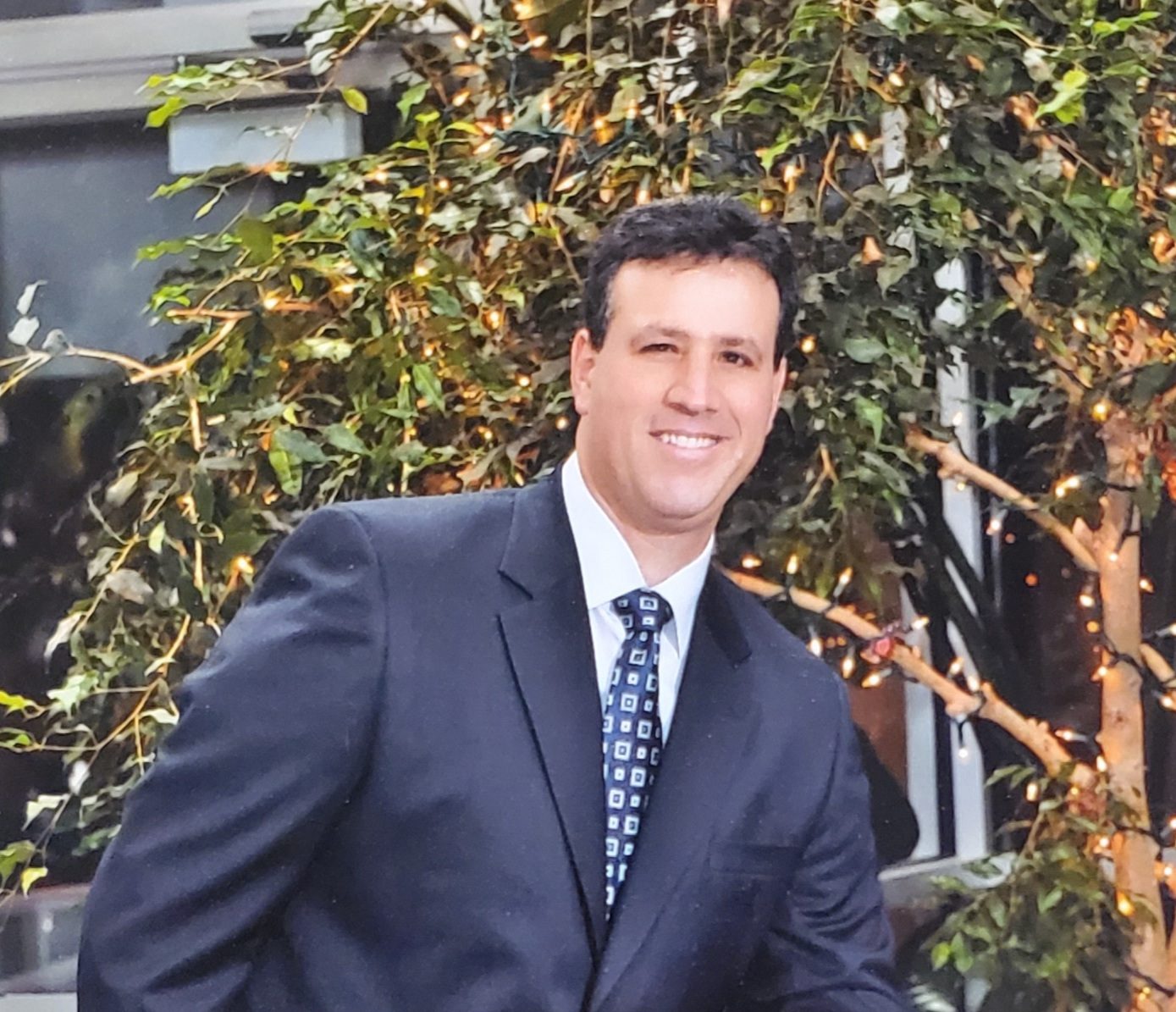“You must be the change you wish to see in the world.”
-Mahatma Gandhi
Nearly three decades ago, my father, Eliot Finkelstein, set out on a journey in education that would ultimately change the direction of a large, comprehensive High School in New York City. Schools were closing, violence was on the rise, and standardized testing scores were dropping. Michael Bloomberg was Mayor, and it was his goal to close and reorganize all large High Schools. The fate of this school was grim.
In 2001, the youngest Assistant Principal that Hillcrest High School had ever seen walked through the door. As a product of the Long Island school system, graduating from Massapequa High School, Mr. Finkelstein had never seen a school the likes of this building both in square footage and student population. He commented that “this school building was larger than some towns in this country with over 4,000 students.” He was charged with bringing down the number of violent incidents in the school, a job that nobody wanted. In fact, a the New York Post article, “Lessons in Danger- Lists Bares 10 Worst Schools for Crime,” published October 7, 2002, explained that at Hillcrest the “three R’s are Reading ‘Riting and Robberies… and A’s can mean assaults rather than excellence.”
When he stepped through the doors on his first day, he found himself in a room with very experienced educators who had seen many people come and go. When the Principal sat down to begin his cabinet meeting, he said to his Assistant Principals, “This is Eliot Finkelstein, but don’t bother to learn his name because he probably won’t be here in 2 months.” He later found out that 3 other individuals held this position and resigned within 2 months.
His education, experience, and professional knowledge did not prepare him for this unbelievable set of circumstances. When he was a student-teacher at Hofstra University, his mentor once told him, “you are an excellent teacher, but you have no idea how to discipline students.” This comment resonated with Mr. Finkelstein for many years, and now he was in a position of disciplining 4,000 students. He realized that he was not properly trained for this position and began a long journey of soul-searching for answers.
Mr. Finkelstein was not only worried about the student body, but his concern for the staff was overwhelming. Teachers would constantly approach him concerned for their jobs, and they told him that the fate of the school rested in his hands. Mr. Finkelstein said that “This was quite a burden for a 30-year-old man.” Not only was he concerned about the fate of his job, but was now being held responsible for all of these other men and women with families to support.
Hillcrest was on the Dishonor Roll. As the Post reported, “Heading the danger list is Hillcrest High School in Jamaica, Queens, which led the city with 18 reported serious felony crimes in the 2001-2002 school year…. With 5 felony assaults and 11 grand larcenies.”
Although the situation seemed insurmountable, the overarching question was where to begin. Mr. Finkelstein contacted his predecessor and asked her to walk him through a typical day. The former Assistant Principal said to him “You make the schedules, you set the meeting times.” Mr. Finkelstein sat and listened intently. After 45 minutes, he said, “with all due respect when do you interact with students? She began to explain that unless there was an issue, she didn’t. How reactive he thought! He now knew where to begin.
He started immediately at the grass-root level with parent outreach. Mr. Finkelstein wanted parents to know that their participation in their child’s education was important. Transparency and communication would be the hallmark of his tenure. He began to walk the halls and made sure that everybody knew who he was and why he was there. Students began to approach him and let him know that they were not accustomed to Assistant Principals walking the halls. He felt that the personal interactions began to pay off. Over the next couple of months, staff and students alike noticed a cultural change in the building. More students were getting to class on time, incidents were declining, and parents began to feel empowered to speak their minds. Mr. Finkelstein felt that he was heading in the right direction, and so did the Hillcrest community. however, there was still work to be done.
When Mr. Finkelstein returned for his second year, which was unprecedented, much had changed. The culture which he so desperately wanted to create was within his reach. Three additional large high schools in the area were reorganized due to increased violence. Hillcrest High School was only one of three large, comprehensive high schools that remained open. As Mr. Finkelstein recounted, “this achievement was quite a celebration for both staff and students.”
One of Mr. Finkelstein’s biggest accomplishments was getting Hillcrest High School removed from the city’s Most Violent List and placed on the Safest Schools List. This achievement was so important that it was even recognized by Chancellor Joel Klein. He won the Assistant Principal of the Year. Mayor Michael Bloomberg awarded him a citation for this achievement. Hillcrest was awarded the title of Blue Ribbon School of Excellence.
Twenty years later, Mr. Finkelstein is still the Assistant Principal in charge of Security at Hillcrest High School. While many of the basic challenges still exist in large inner-city schools, education is now complicated by the recent pandemic that is sweeping the world. Once again, Mr. Finkelstein is on the frontline of protecting a large community at risk. He is very proud of the work he has accomplished over the last 30 years, first as a teacher, then as an administrator. As he looks back on his career, he told me to remember two things, “always look out for the well-being of others, and lead the charge to make the change.”
